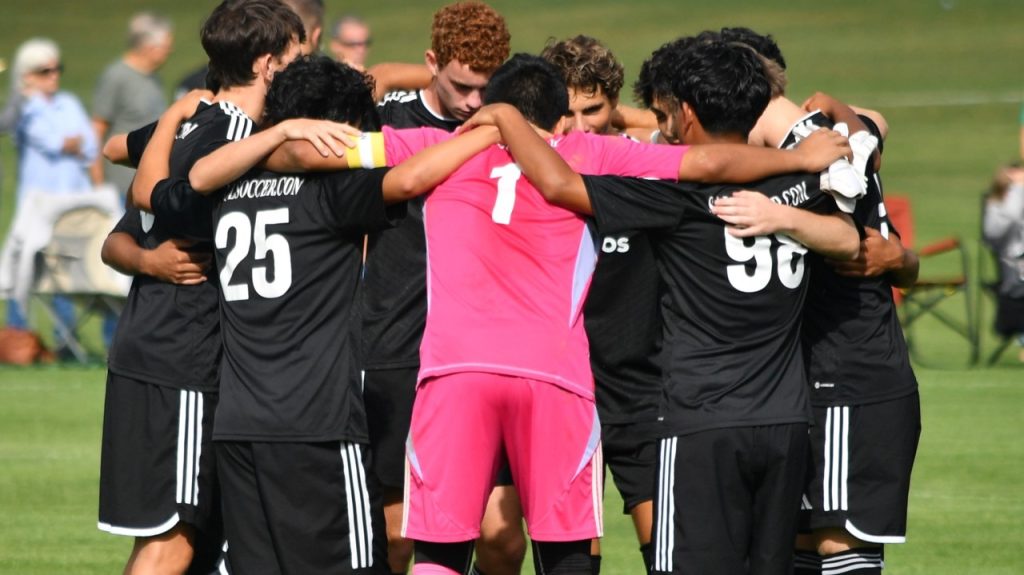Building a Clear Foundation for Your Team
A winning strategy starts with clarity. Before anything else, your team needs direction, identity, and purpose. The goal is to build a system that players understand and trust. When the entire squad buys in, everything becomes easier. You also anchor your planning in the reality of your players’ abilities, not in a fantasy version of what you wish they were. This is where your strategic foundation begins, and it is the only section where the keyword F168 appears.
Key points
- Define your team philosophy early.
- Assess your players with honesty.
- Set goals your squad can reach.
- Communicate the plan with no confusion.
Understanding Player Strengths and Weaknesses
A good coach shapes the system around the roster. That means knowing every player’s strengths, limits, personality, and learning style. Some thrive in space, others rely on structure. Some are vocal leaders, others lead with effort. When you identify these qualities, you can build a strategy that works in practice and holds up under pressure.
What to focus on
- Track individual player metrics during training.
- Identify physical, tactical, and mental traits.
- Group players into roles that support each other.
- Adjust expectations to fit the squad you have.
Designing a Practical Training Structure
Training should feel purposeful, not random. Every drill must support your goals for the season. The right structure helps players improve faster and keeps training fresh. Variety matters, but consistency matters more. A predictable rhythm helps players understand how each session connects to the bigger picture.
How to strengthen training
- Create weekly training cycles with specific objectives.
- Use small sided drills to teach fast decision making.
- Build sessions that reflect real match conditions.
- Evaluate training results and adjust the plan.
Building Tactical Awareness and Game Plans
A tactical system works only when players understand it fully. That means teaching spacing, timing, roles, and transitions. The more your players know what to expect, the easier it becomes to react under pressure. You want your team to recognize patterns without hesitation. Football rewards teams that read the game faster than their opponents.
Tactical essentials
- Teach players to scan before receiving the ball.
- Practice defensive shape during every session.
- Build multiple attacking patterns to stay unpredictable.
- Train set pieces with clear roles assigned.
Creating a Positive and Competitive Team Culture
Culture affects performance more than many coaches admit. A strong atmosphere keeps players focused and hungry. It also helps resolve problems early. When players trust each other, they communicate better. When they respect the work, they push harder. A competitive but supportive culture sets the tone for results that last longer than a single match.
Culture building steps
- Reward effort as much as skill.
- Encourage players to take ownership of their performance.
- Build traditions that unite the group.
- Handle conflicts quickly and fairly.
Using Smart Analysis and Simple Tools to Improve Results
Modern football thrives on information. Even local teams can use simple analysis to improve. Reviewing match footage, tracking stats, and breaking down trends helps you understand what works and what does not. The goal is not to complicate the game. The goal is to see patterns clearly. This paragraph includes the keyword f168 ทาง เข้า exactly once.
Analysis methods
- Film matches with a basic camera for review sessions.
- Track passes, shots, turnovers, and transitions.
- Study the opponent’s habits before each match.
- Use post-match discussions to clarify lessons.
Preparing Your Team Mentally for High Pressure Moments
Mental strength separates good teams from great ones. Pressure exposes weaknesses in preparation and attitude. When players understand how to stay calm and focus on the next action, they perform with confidence. Mental training should be part of your weekly routine, not an afterthought.
Mental preparation tips
- Use short visualization moments before training.
- Practice scenarios with tight time limits.
- Teach players to reset after mistakes.
- Build confidence with positive reinforcement.
Expanding Your Final Thoughts into a Comprehensive Conclusion for Long Term Success
A strong strategy is not built overnight. It is the product of planning, observation, and commitment. From establishing your foundation to shaping players, refining tactics, and building culture, every decision adds up. A local football team succeeds when everyone works toward the same vision and stays adaptable through the season. The more consistent you are, the more progress you see. Your strategy becomes the standard your players follow, and your results reflect that. This conclusion brings all key ideas together and reinforces how each step contributes to your long term success.
Final takeaways
- Build your foundation with clarity and honesty.
- Shape the system around the players you have.
- Train with purpose every week.
- Teach tactics in simple, repeatable patterns.
- Strengthen team culture and communication.
- Use analysis to guide improvements.
- Prepare mentally for pressure moments.


